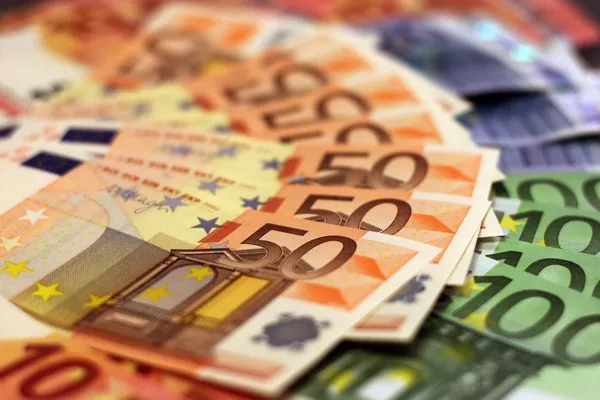As we navigate the complex web of global economics, the question of whether Europe is in recession in 2024 has become a pivotal concern. Economic indicators, geopolitical events, and the ongoing effects of the COVID-19 pandemic have all contributed to an environment where scrutiny is paramount. In this article, we will delve into the key factors influencing Europe’s economic status and explore the evidence surrounding the possibility of a recession in 2024.
Economic Indicators:
To ascertain the economic health of a region, analysts typically examine a range of key indicators. Among these, Gross Domestic Product (GDP) growth is a crucial metric that provides insights into the overall economic performance. As of the latest available data, Europe has experienced a slowdown in GDP growth compared to previous years.
While the region has demonstrated resilience in the face of challenges, the growth trajectory has been modest. Economic analysts point to a combination of factors such as supply chain disruptions, inflationary pressures, and global economic uncertainties as contributors to this deceleration. The International Monetary Fund (IMF) and the European Central Bank (ECB) have adjusted their growth projections downwards, signaling a cautious outlook for the European economy.
Unemployment rates also play a pivotal role in assessing economic well-being. High unemployment rates can indicate a lack of job creation and reduced consumer spending, both of which can contribute to a recessionary environment. While Europe has made progress in recovering from the job losses induced by the pandemic, some regions continue to grapple with persistently high unemployment rates, posing challenges to sustained economic recovery.
Geopolitical Challenges:
The geopolitical landscape is another critical factor influencing Europe’s economic prospects. Tensions between major global powers, trade disputes, and political uncertainties can create headwinds for economic growth. In 2024, Europe finds itself navigating a delicate balance in diplomatic relations, with potential implications for trade agreements, investments, and overall economic stability.
Brexit, despite being officially completed in 2020, continues to cast a shadow over Europe’s economic landscape. The evolving nature of the UK-EU relationship and ongoing negotiations impact trade flows, regulatory frameworks, and the broader economic interconnectedness between the United Kingdom and the European Union.
Furthermore, Europe is not immune to the global energy crisis, with fluctuations in oil prices and concerns over energy security posing challenges for both businesses and consumers. These geopolitical uncertainties contribute to an environment where businesses may delay investments, and consumers may tighten their spending, both of which are indicators associated with economic downturns.
Pandemic Fallout:
The long-lasting impact of the COVID-19 pandemic continues to reverberate through the global economy, and Europe is no exception. While vaccination campaigns have been successful in curbing the spread of the virus, the emergence of new variants and the potential for future waves create an ongoing risk to economic recovery.
Supply chain disruptions, labor shortages, and inflationary pressures are some of the residual effects of the pandemic that continue to affect Europe’s economic landscape. The service sector, a significant contributor to many European economies, faces persistent challenges as travel restrictions and changing consumer behaviors impact industries such as tourism, hospitality, and entertainment.
Policy Responses:
Governments and central banks play a pivotal role in shaping economic outcomes through policy interventions. In response to the challenges facing Europe, policymakers have implemented a mix of monetary and fiscal measures. Central banks have employed accommodative monetary policies, including low-interest rates and asset purchase programs, to stimulate economic activity.
Fiscal policies, such as stimulus packages and infrastructure investments, have also been deployed to support businesses and households. These measures aim to boost demand, encourage investment, and provide a safety net for those most affected by the economic fallout.
Conclusion:
While Europe faces a confluence of challenges in 2024, the question of whether the region is officially in recession is complex and multifaceted. Economic indicators suggest a slowdown in growth, and geopolitical uncertainties, pandemic-related challenges, and policy responses all contribute to an environment where the risk of recession cannot be dismissed.
As we navigate the intricate web of economic data and global dynamics, it is crucial to monitor developments closely and consider the interplay of various factors. The path ahead for Europe’s economy will require resilience, adaptability, and strategic policy responses to navigate the uncertainties and foster sustained economic recovery.


